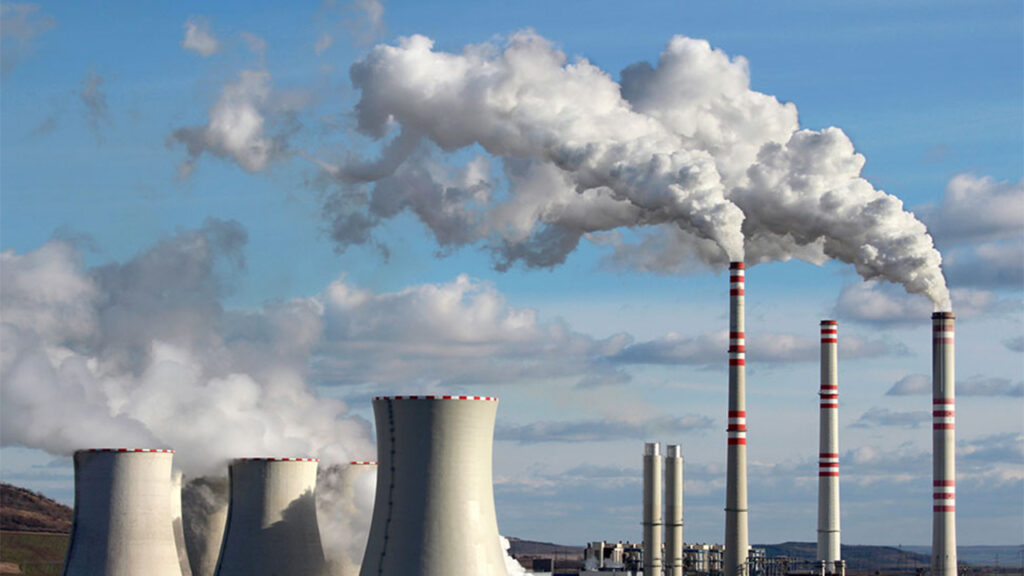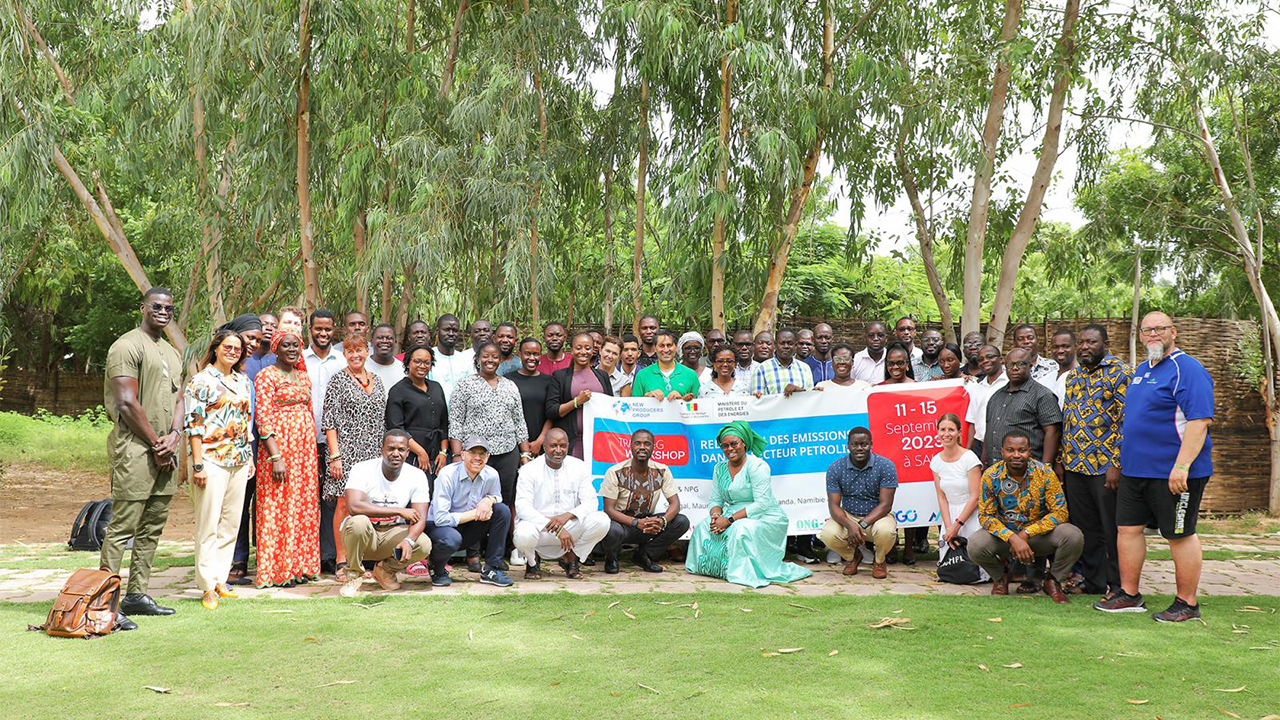UK (Commonwealth Union)_ Government officials from six emerging oil and gas-producing African nations recently convened in Senegal to deliberate on tangible measures aimed at curbing greenhouse gas emissions within the energy sector. The one-week workshop, titled “Oil and Gas Emissions Visibility and Reductions,” was conducted through the collaborative efforts of the Commonwealth Secretariat, the Rocky Mountain Institute (RMI), the Natural Resources Governance Institute (NRGI), the Norwegian Petroleum Directorate, and a consortium of industry experts. Over 50 delegates hailing from Ghana, Uganda, Namibia, Tanzania, Mauritania, and Senegal, countries endowed with significant petroleum resources, participated in the program. Each nation’s delegation included officials from several petroleum, environmental, and climate institutions.
The overarching objective of this workshop was to furnish these governments with a comprehensive understanding of the origins of emissions within their respective energy sectors, to identify potential avenues for emission reduction, and to explore regulatory tools and specific strategies for energy enterprises to mitigate emissions through the practice of net-zero flaring, venting, and methane operations. The workshop also served as an invaluable platform for candid discourse and peer-to-peer exchanges, fostering the sharing of insights, strategies, and the acquisition of knowledge from each other’s experiences.
The imperative of minimizing greenhouse gas emissions from the energy sector cannot be overstated in the global fight against climate change, particularly as the majority of these emissions can be mitigated through the management of flaring, venting, leaks, and the integration of renewable energy in energy operations. For many nations, especially those in Africa blessed with abundant oil and gas reserves, the reduction of methane emissions can also contribute to the realization of Sustainable Development Goal 7, which seeks universal access to modern and reliable energy.
In order to assist countries in decarbonizing their energy sectors, the Commonwealth Secretariat has developed model guidelines aimed at aiding governments in the management of energy projects. These guidelines mandate the inclusion of greenhouse gas management plans as an integral component of the project approval process. This document, known as the “Model Template for National Field Development Plan Submission Guidelines,” can also function as a mechanism for the implementation of Net Zero Sector strategies.

Naadira Ogeer, Economic Adviser at the Commonwealth Secretariat and project lead for the New Producers Group, underscored the significance of integrating emissions management as a core criterion in the design of oil and gas projects, as this could substantially ameliorate emissions stemming from these assets. However, she acknowledged that this endeavor, while promising, is no easy feat and necessitates policy coherence and substantial technical assistance for its realization. She said, “If oil and gas projects were designed from the beginning with emissions management as a key criterion, it would drastically change the emission footprint from these assets. This is the unique opportunity for emerging producers; even with little or no infrastructure, they could become the gold standard for emissions management. This is no easy feat and will require policy coherence and considerable technical assistance to achieve.”
The training elicited considerable interest and constructive feedback from participants. Dr. Riverson Oppong, the Commercial Operations Manager at the Ghana National Gas Company, highlighted the awareness that the workshop instilled regarding the need for a comprehensive approach to methane emission reduction and measurement. The insights garnered from experts on various measurement and reporting tools have now prompted Ghana to engage further with upstream operators in order to accurately gauge and transparently report methane emissions, thus enabling the country to build a more precise understanding of its methane emissions.
Dr. Riverson said, “The workshop created awareness of the importance of a proper, holistic approach to methane emission reduction and measurement. We learnt several tools from experts in various fields on how to measure and report emissions transparently. Now Ghana plans to engage more with the upstream operators on how to first of all measure, and more importantly report accurate figures, allowing Ghana to build a more accurate picture of its methane emissions.”
The policy ambitions and work plans formulated during the training are intended to be advanced by the respective government delegations, who may also receive ongoing support for their implementation. The workshop, an initiative of the New Producers Group (NPG), represents a collaborative network jointly established by the Commonwealth Secretariat, the Natural Resource Governance Institute, and Chatham House. It extends support to 26 countries, encompassing 15 Commonwealth nations, in the sustainable management of petroleum resources and in navigating the complexities of the energy transition.








